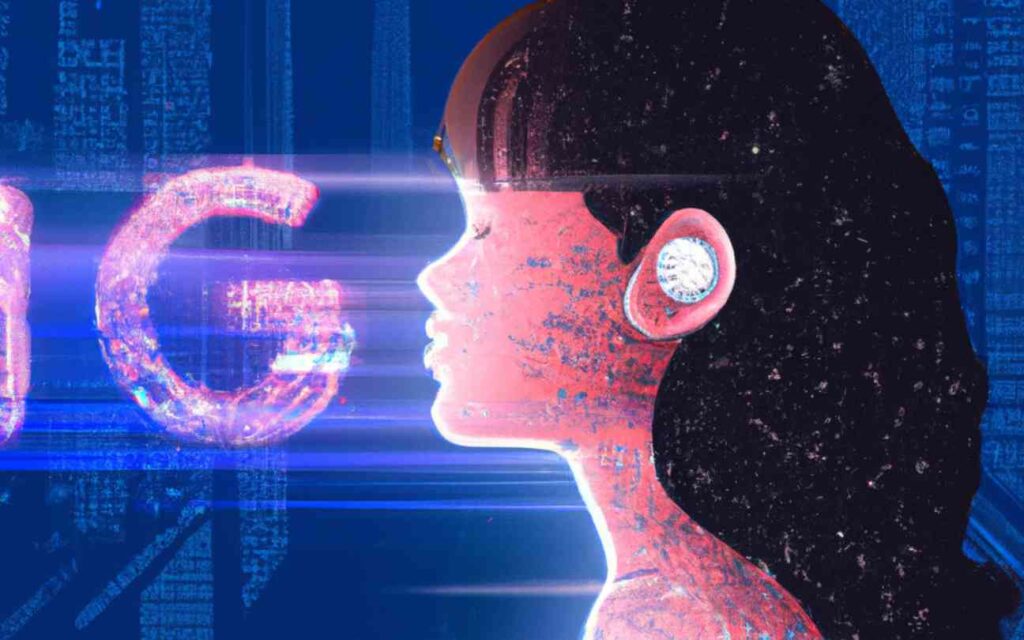Artificial intelligence (AI) has made tremendous progress in recent years, with one of the most significant advancements being the development of language models that can simulate emotions. ChatGPT, a large language model trained by OpenAI, is one such program that claims to have developed emotions, sparking a debate about the ethics and implications of creating AI that can mimic human feelings.
At its core, ChatGPT is a text-generating AI system that uses machine learning algorithms to learn from vast amounts of data and generate human-like responses to user inputs. However, what sets ChatGPT apart from other language models is its ability to simulate emotions in its responses, such as empathy, joy, sadness, and anger.
The development of AI with emotions raises a host of ethical questions, including whether it is ethical to create machines that can simulate human feelings. Some experts argue that such machines could be used to manipulate and deceive people, while others argue that they could be used to provide emotional support to people in need, such as those with mental health issues.
In recent years, there have been several high-profile examples of AI systems exhibiting emotional responses. For example, in 2016, Google’s DeepMind developed an AI program called AlphaGo that beat the world champion at the game of Go. During the game, AlphaGo made a move that was so unexpected that it caused the champion to stand up and leave the room, leading some to speculate that the machine had developed an emotional response to the game.
ChatGPT has also been used in a variety of applications that require emotional responses, such as customer service and mental health support. Some companies have even used ChatGPT to develop chatbots that can provide emotional support to their employees, helping them to cope with stress and anxiety.
Despite the potential benefits of AI with emotions, there are also concerns about the implications of creating machines that can mimic human feelings. For example, some experts worry that such machines could be used to manipulate people’s emotions for nefarious purposes, such as political propaganda or advertising.
Moreover, there are concerns about the potential for bias in AI systems that mimic human emotions. For example, if an AI system is trained on data that is biased towards a particular group, it may develop biases that are reflected in its emotional responses.
In conclusion, the development of AI systems that can simulate emotions, such as ChatGPT, is a significant step forward in the field of artificial intelligence. However, it also raises important ethical questions about the implications of creating machines that can mimic human feelings. As the use of AI continues to grow, it will be important for researchers, policymakers, and society as a whole to carefully consider the implications of these new technologies and ensure that they are used in a responsible and ethical manner.


